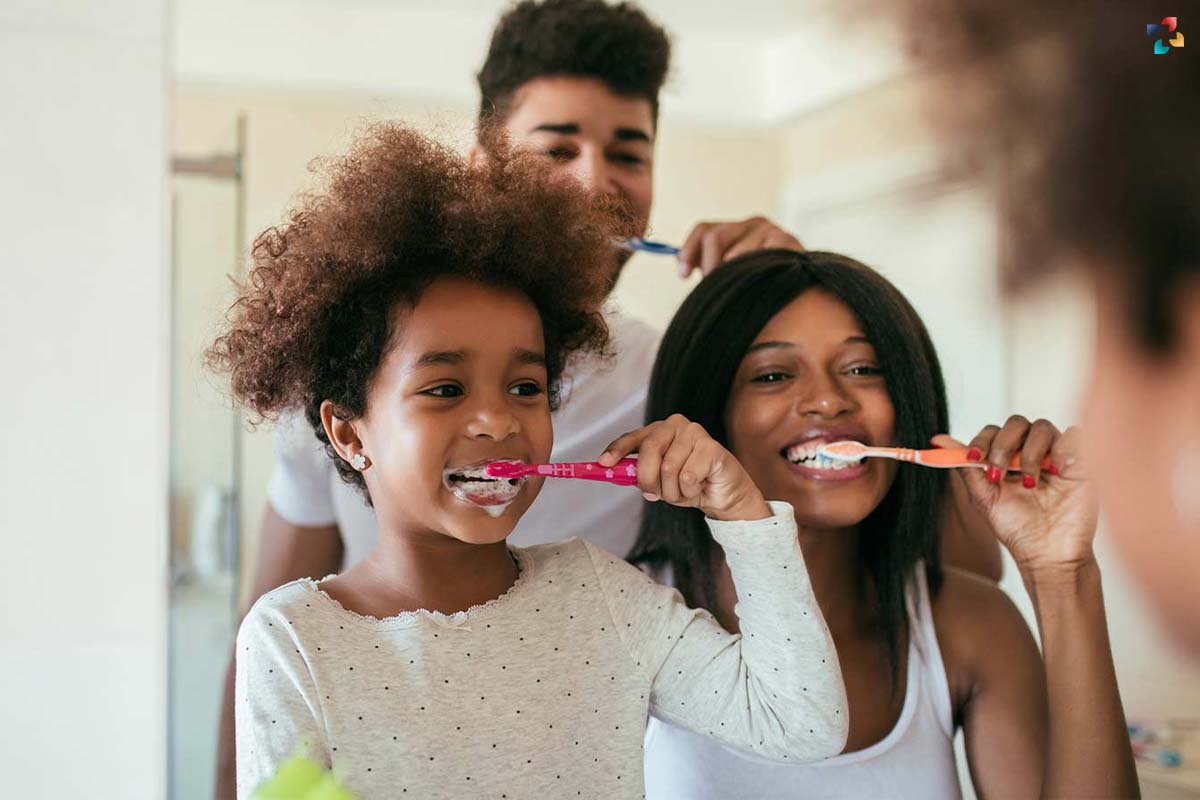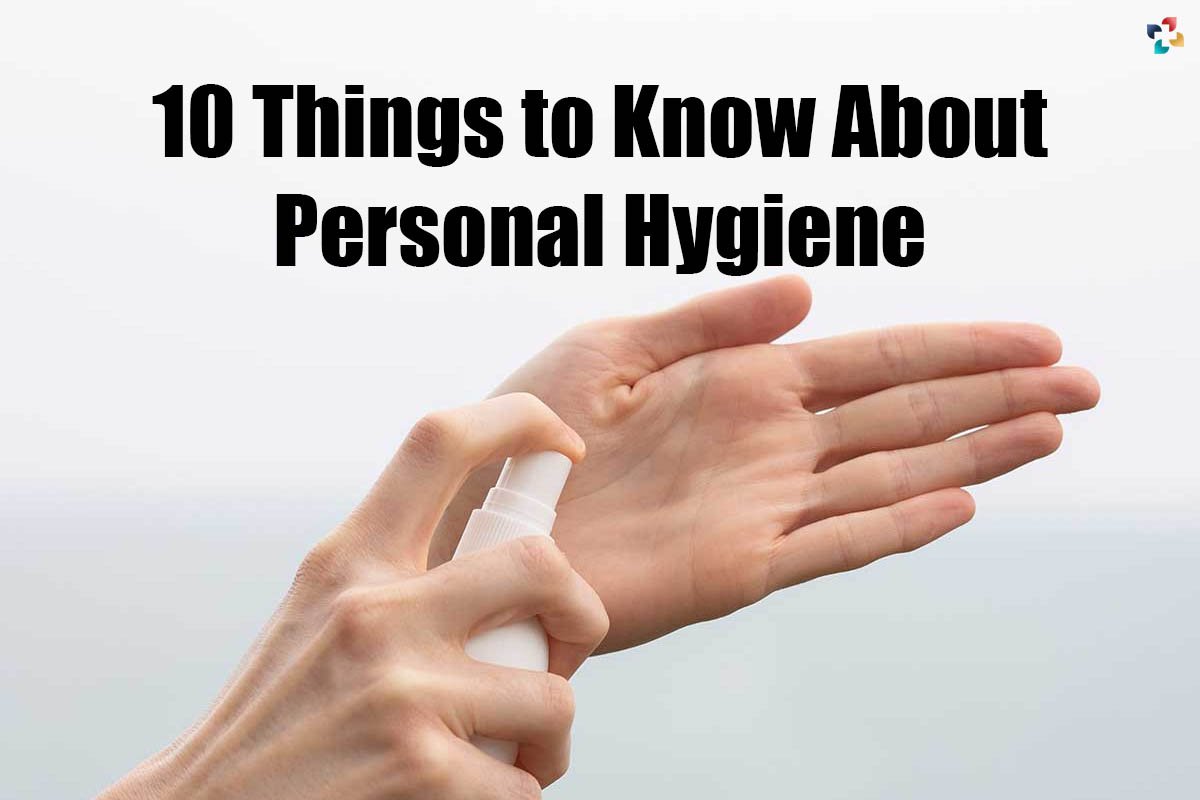Some Things to know about Personal Hygiene since you are exposed to millions of different bacteria and viruses from the outside world on a daily basis. They may remain in your body for a long time, and there is a possibility that they will make you ill. Maintaining a healthy level of personal cleanliness may assist you and the people around you from becoming sick. They have the added benefit of making you feel better about how you look.
Personal hygiene refers to the practice of taking care of one’s own body. This routine involves activities like taking a shower, washing your hands, cleaning your teeth, and other things.
Here are 10 Things to Know About Personal Hygiene;
1. Tips for Creating a personal hygiene routine
These tips could be useful if you want to enhance your own personal hygiene or if you want to assist a youngster in the formation of healthier routines:
Set reminders
Set a reminder on your phone to do things like take a shower, wash your hair, trim your nails, and brush your teeth if you find that you often forget to do these things. The cue will prompt you to engage in the action, and after some time, you’ll find that you’re doing it on your own without the prompt.
Usage signs
A sign advising people to wash their hands after using the restroom should be placed on the wall in the bathroom. Place a little notice reminding you to wash your hands before eating in the kitchen next to the plates or bowls so that you won’t forget. These indicators might assist in refreshing your memory and fostering healthier routines. They are able to assist you as well as your children.
The best way to improve is to practice.
It takes some time to form a new pattern of behavior. Make the establishment of a new routine the first thing you do each week, and make it a top priority. Spend at least a week and perhaps two practicing it. After you have reached a point where you are confident with it, add another one. You may develop the behaviors that you want to have with time and effort.
2. Food hygiene is also part of personal hygiene.
Due to the fact that the majority of your meals are uncooked and obtained from outside sources, there is a possibility that they may be infected with pathogenic germs and cause you to get very ill.

The most common source of body odor is dirt in the underarms.
3. The majority of the reason is body odor.
To prevent the growth of germs, you should keep the region beneath your arms and in your groin clean and dry.
Reduce the number of surfaces on which germs may grow by trimming or shaving hair from the pubic area and underarms.
In addition, you should switch out soiled and sweaty garments with ones that are clean and fresh.
4. Maintaining proper personal hygiene is easier when garments are kept clean.
Put on a clean pair of clothing whenever it’s practicable to do so.
Wearing soiled clothing puts you at risk of having microorganisms come into close touch with your body.
To prevent this, you should try to always have a clean pair of socks on.
The creases on the garments may be removed by ironing them.
Put the cleaned garments into the open air to dry in the sunlight.
5. It is not required that you take a shower every day.
To remove dead skin cells, bacteria, dirt, oils, and perspiration from your body, use a loofah, a sponge, or a hand towel to scrub your body while you are in the shower or bath.
The issue that has to be answered is, how often should you wash or shower in order to keep the skin on your body healthy?
Well, it depends.
It’s probably a good idea to take a shower every day, especially if you work out often, live in a hot climate, or sweat a lot.
On the other hand, if you don’t perspire too much during the day, you probably won’t need to shower as often as someone who does. In this scenario, taking regular showers removes the naturally occurring oils from the skin, which in turn causes the skin to become dry.
6. A dirty tongue is the primary source of bad breath.

Having poor breath is often caused by the white coating that is seen on the surface of the tongue. Make use of the bristles on your toothbrush or a tongue scraper in order to get rid of it.
7. It is essential to floss first before brushing one’s teeth.
First floss, then brush your teeth for the most thorough cleaning of your teeth possible. This eliminates any food particles or plaque that may have been lodged in the spaces between the teeth.
8. Illness hygiene exists.
If you are not feeling well, it is important that you take precautions to avoid transferring germs to other people. This includes protecting your mouth and nose with a tissue or your hand when you sneeze, cleaning shared surfaces with an antibacterial wipe, and avoiding sharing any utensils, devices, or other items that may potentially be contaminated.
9. Brushing The typical recommended amount is twice a day.

Make Sure You Brush Your Teeth Twice a Day: In addition to scheduling regular dental appointments, it is important to ensure that you are cleaning your teeth twice a day, once in the morning and once before bed, in order to maintain a high level of oral hygiene.
10. Establishing regular habits is of utmost significance.
Create a mental or written checklist to keep track of the steps you do to maintain proper personal hygiene, regardless of the method you choose. This way, you won’t forget the actions you need to take to keep yourself clean and healthy, and you’ll be able to keep up with them.











